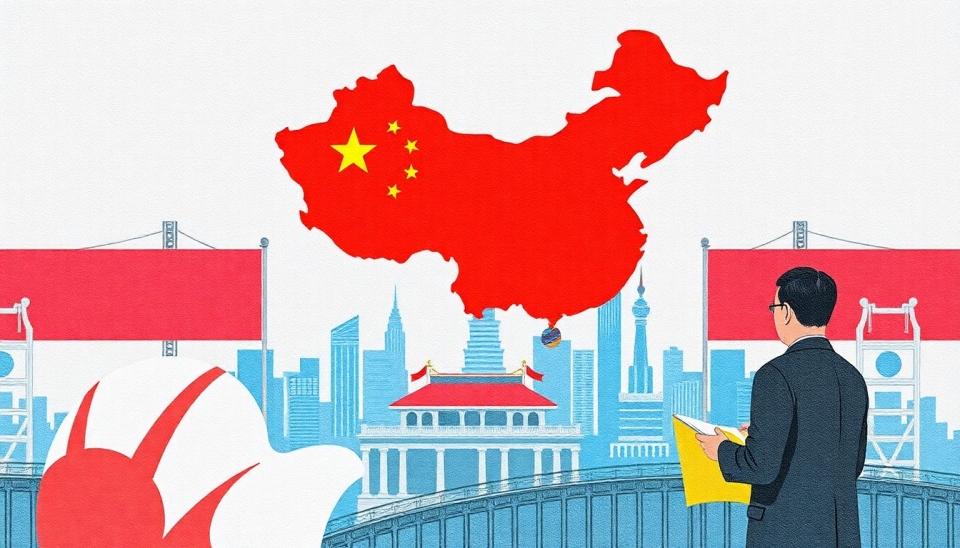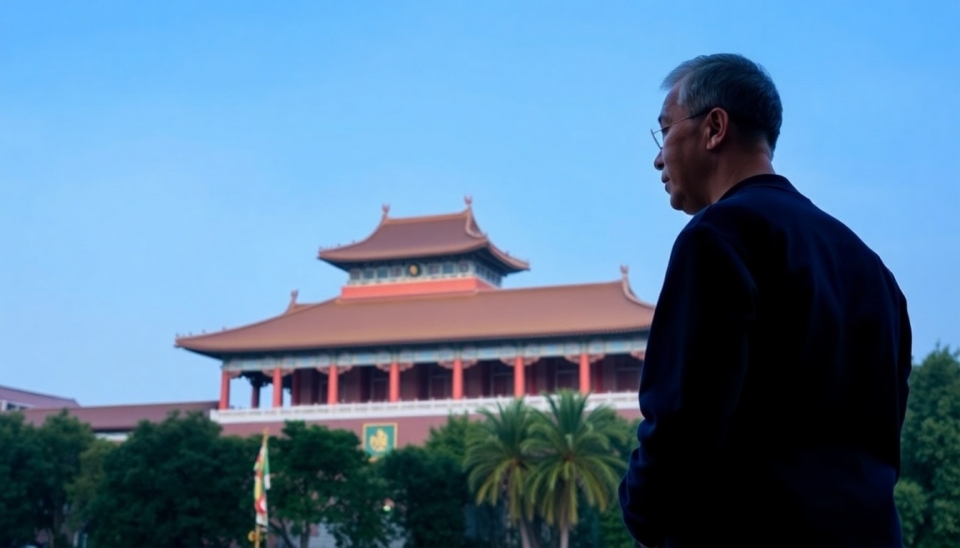
In a significant development for China's economic landscape, the government has laid out a comprehensive strategy aimed at creating a unified market free from local restrictions and barriers. This initiative, unveiled recently, is a crucial part of China's broader ambition to enhance market efficiencies and foster economic growth in a post-pandemic world.
The new plan addresses a plethora of local protectionist policies that have often hindered free trade and movement of goods across provinces. By dismantling these obstacles, Beijing aims to streamline operations for businesses, turbocharge consumer choice, and stimulate investments. This remarkable shift comes in light of recent global supply chain disruptions and the need for a more resilient economic framework.
The initiative emphasizes the importance of harmonizing regulations and standards across different regions. This means businesses will face fewer discrepancies when navigating various provincial laws, leading to more predictable operating environments. Furthermore, the government is expected to monitor compliance more rigorously, which could lead to a more level playing field for all businesses, regardless of their geographical location.
Officials have identified crucial sectors that will benefit from this unified market approach, such as technology, manufacturing, and agriculture. In addition, the government has pledged to promote fair competition among enterprises, ensuring that smaller players are not overshadowed by larger, more established firms. As part of this effort, regulatory reforms are expected to be implemented to reduce bureaucratic red tape.
Local governments have historically leveraged regulatory frameworks to protect local businesses from external competition. The new measures will thereby pose a challenge to these longstanding practices, urging local authorities to adapt. The central government's decisiveness in this matter reflects its understanding of the increasingly interconnected global economy necessitating more cooperation rather than isolation.
Moreover, facilitating a unified market is seen as vital for attracting foreign direct investment. The prospect of a more predictable economic environment could serve as an enticing appeal for international businesses looking to either enter or expand within the Chinese market. Analysts predict this may lead to a surge in investments, benefitting the broader economy.
The initiative signifies a shift towards a more open and collaborative approach, moving away from rigid local regulations. This transition is expected to not only boost consumer confidence but also significantly enhance China's competitiveness on the world stage. Analysts are watching closely to see how local governments adapt to and implement these changes, which could serve as a turning point for China's internal market structure.
In conclusion, China's commitment to developing a unified market free of local hurdles marks a critical step towards cultivating a more integrated and competitive economic environment. This development is likely to reshape the interaction between different regions of the country and enhance the overall economic framework.
As developments unfold, the consequences of these changes will become more evident, potentially setting a precedent for future market reforms.
#China #Economy #MarketReforms #UnifiedMarket #InvestmentOpportunity #EconomicGrowth #BusinessNews
Author: Liam Carter




